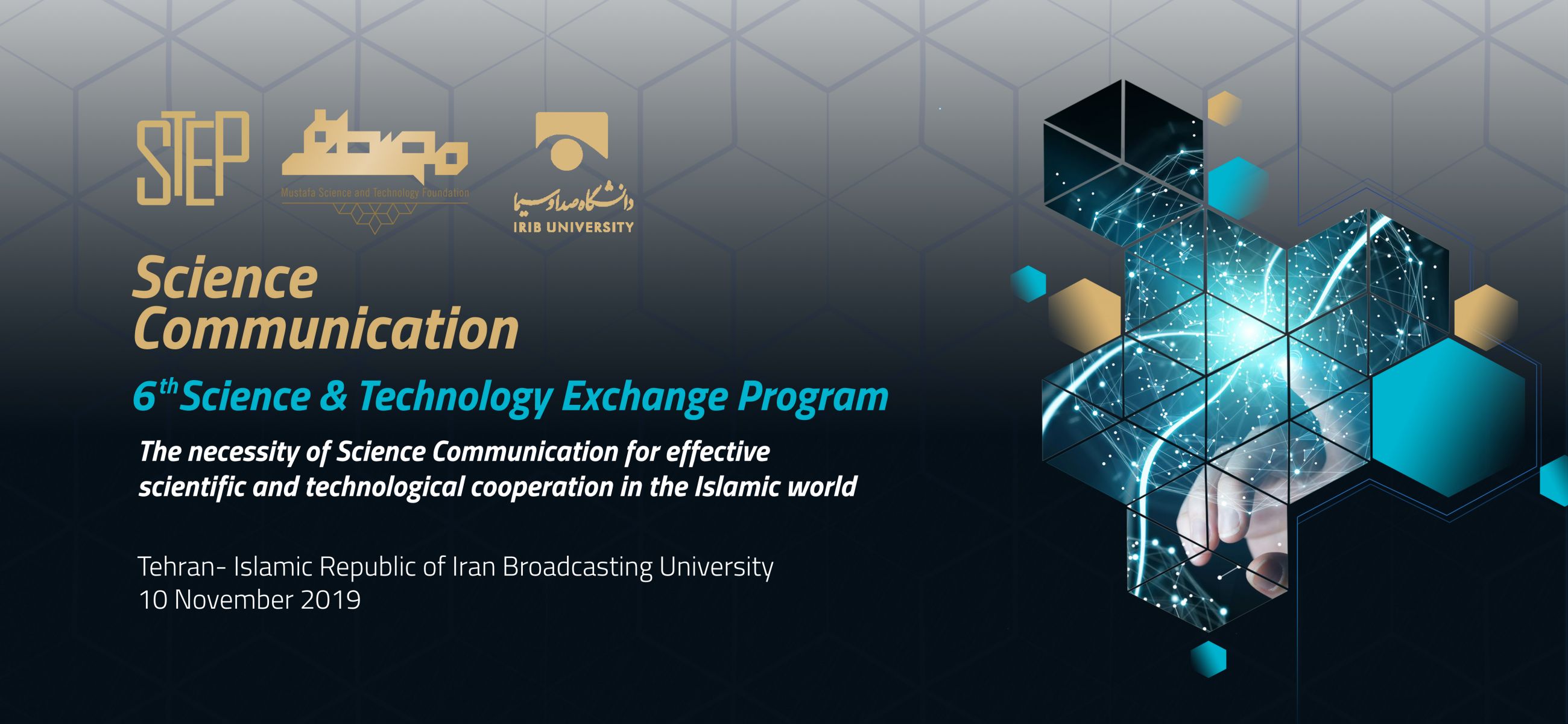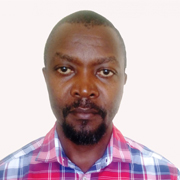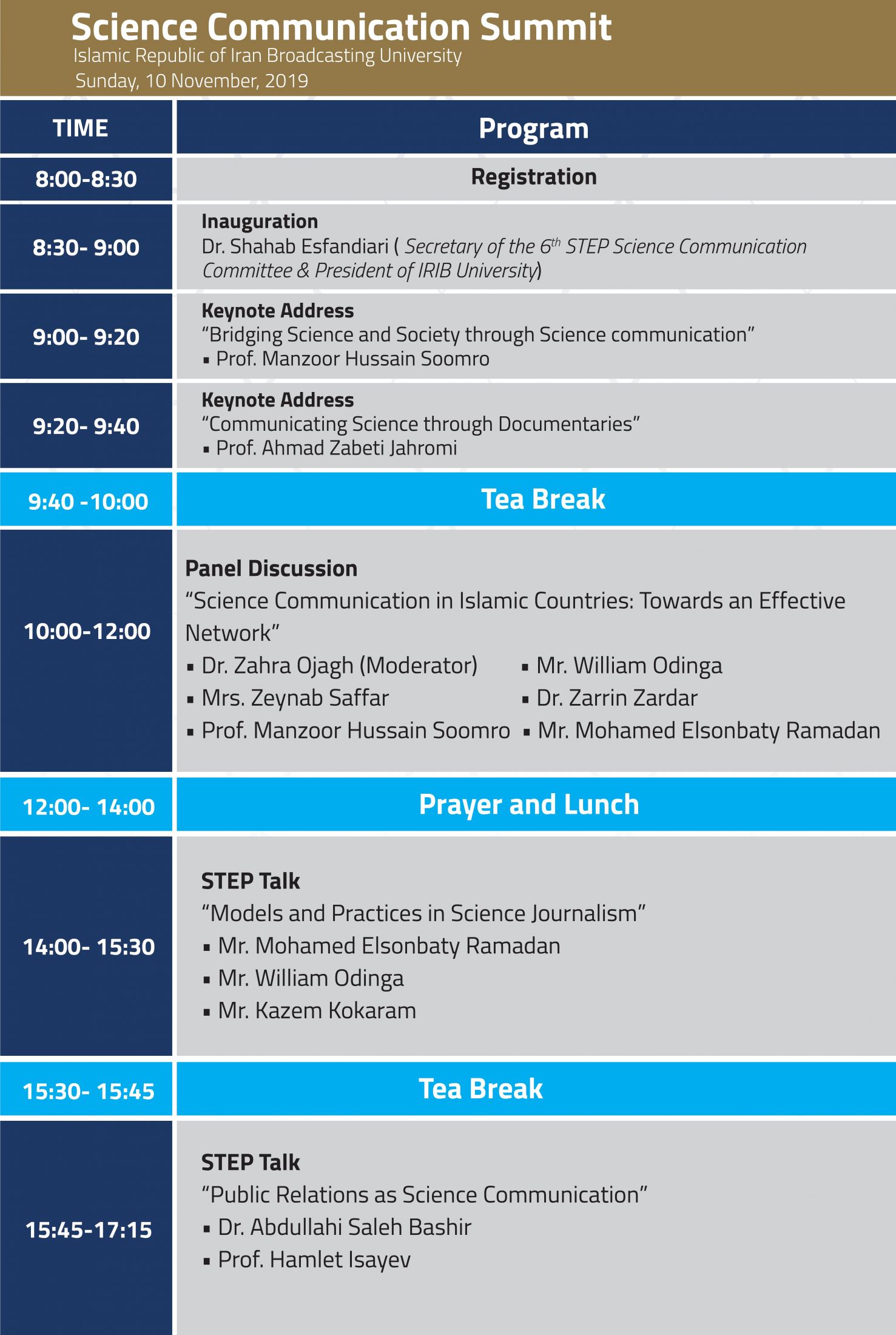Science Communication

Science Communication
In the contemporary world, not only pursuing science but also communicating about it effectively is very important. Over the past three decades, the field of Science Communication has developed significantly and informing, educating, sharing wonderment, and raising awareness of science-related topics have become major concerns for scientific institutions as well as the media.
If the public enjoys science and becomes more enthusiastic about it, there will presumably be more funding, progressive regulation, and trained scientists and researchers. More trained engineers, economists, and scientists could enable a nation to have a more competitive and sustainable economy. Science can also help save the environment and improve social and individual life. For some people, science can simply have an aesthetic appeal. Within an increasingly technological society, citizens with background scientific knowledge can negotiate their new challenges and problems much better.
In the Islamic world, we need trained people to cope with this kind of demand, and the supply of adequate information technology training is, in fact, one of the biggest challenges now facing the countries in the Muslim world. Another issue is how to provide individuals in the societies with the resources and opportunities they need to use their skills effectively, and ultimately for the benefit of their communities and countries. The 6th Science and Technology Exchange program aims to expand the capacities and networks of professionals working in the field of science communication in the Islamic countries to make a sustainable platform to overcome challenges in science communication.
SPEAKERS





